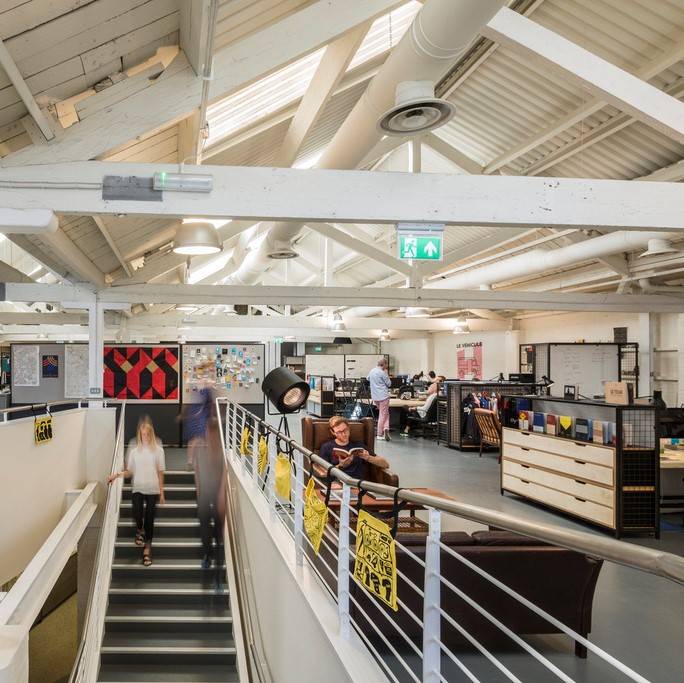February 22, 2018
Report calls for better understanding of the future risks of tech to workplace wellbeing
 In a workplace dominated by insecurity, gig work and intelligent machines we need to improve our understanding of their potential impact on health, safety and wellbeing claims a new report. Future risk: Impact of work on employee health, safety and wellbeing, commissioned by the British Safety Council from RobertsonCooper researchers argues that the public debate on the future of work has centred so far on the likely shape of the workplace and its implications for both employers and employees. There has been far less focus on what this might mean for workers’ health, safety and wellbeing, with discussions centring on the present, rather than preparing us for the challenges of the future. Yet, the impact of automation on the workplace will be more fundamental than is commonly understood, with 11 million jobs predicted to be lost in the next 20 years in the UK. As we are already seeing with some ‘gig’ working, it may undermine such basic human needs as social identity, economic security and a sense of belonging. The report reviews the existing literature on this subject and makes a number of recommendations.
In a workplace dominated by insecurity, gig work and intelligent machines we need to improve our understanding of their potential impact on health, safety and wellbeing claims a new report. Future risk: Impact of work on employee health, safety and wellbeing, commissioned by the British Safety Council from RobertsonCooper researchers argues that the public debate on the future of work has centred so far on the likely shape of the workplace and its implications for both employers and employees. There has been far less focus on what this might mean for workers’ health, safety and wellbeing, with discussions centring on the present, rather than preparing us for the challenges of the future. Yet, the impact of automation on the workplace will be more fundamental than is commonly understood, with 11 million jobs predicted to be lost in the next 20 years in the UK. As we are already seeing with some ‘gig’ working, it may undermine such basic human needs as social identity, economic security and a sense of belonging. The report reviews the existing literature on this subject and makes a number of recommendations.







 A new report a new report by the Centre for Ageing Better has called for government and employers to support older workers to stay in work for longer, help those who have fallen out of work involuntarily to return and to create workplaces that work for all, irrespective of age. The report claims that ensuring older workers are able to stay in good quality employment is essential to the future of the UK economy and will relieve pressure on public finances. It makes some key recommendations that include access to flexible working hours and workplace adaptations to help people manage pressures such as caring responsibilities and health conditions, which become more prevalent with age. It also calls for equality of opportunities in the workplace as older workers in the UK experience age discrimination in recruitment and progression. They are less likely to be offered opportunities for development – across the whole of the OECD only Turkey and Slovenia have lower levels of on-the-job training for older workers than the UK. Research shows they are also the most likely to be stuck on low pay and feel most insecure about their jobs.
A new report a new report by the Centre for Ageing Better has called for government and employers to support older workers to stay in work for longer, help those who have fallen out of work involuntarily to return and to create workplaces that work for all, irrespective of age. The report claims that ensuring older workers are able to stay in good quality employment is essential to the future of the UK economy and will relieve pressure on public finances. It makes some key recommendations that include access to flexible working hours and workplace adaptations to help people manage pressures such as caring responsibilities and health conditions, which become more prevalent with age. It also calls for equality of opportunities in the workplace as older workers in the UK experience age discrimination in recruitment and progression. They are less likely to be offered opportunities for development – across the whole of the OECD only Turkey and Slovenia have lower levels of on-the-job training for older workers than the UK. Research shows they are also the most likely to be stuck on low pay and feel most insecure about their jobs.


























February 16, 2018
Pearls of elemental wisdom about workplace design and management
by Mark Eltringham • Comment, Facilities management, Workplace design
(more…)